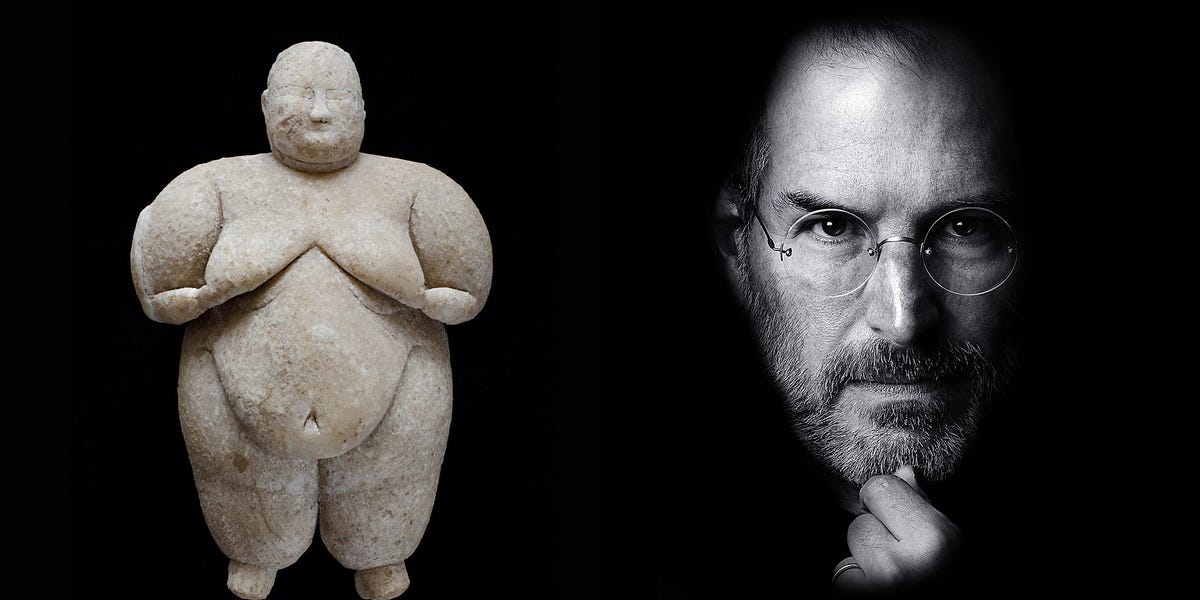
Saved by Dave King
A brief history of creativity (and power)

Saved by Dave King
feels connected somehow to the rene girard stuff I’ve been reading. perhaps the obsession with novelty / originality underpins the critic’s need to name and eliminate the ‘mimetic desires’ from one’s life